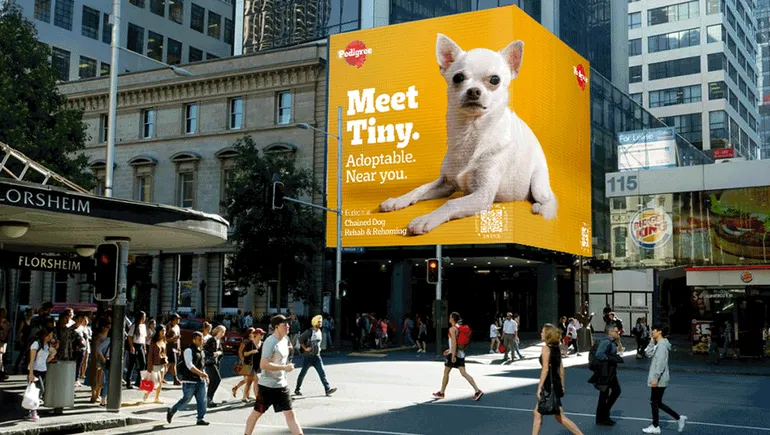
Consumers believe brands can lead coronavirus response, but demand practical solutions
Dive Brief:
- More than half of consumers believe brands are responding more quickly and effectively to the coronavirus pandemic than governments, according to a special brand trust report by Edelman. Sixty-two percent believe that their country will not endure the crisis without brands playing an active role in relief efforts.
- Consumers at the same time are holding brands highly accountable, with 71% in agreement that businesses perceived as putting profit over people will lose trust permanently. There is a strong desire for messaging and product solutions focused on practical ways to navigate the pandemic, such as producing equipment for medical professionals.
- Stemming from that, consumers are eager to hear from experts, with 78% now rating medical doctors as credible spokespeople. Interest in hearing from celebrity or influencer ambassadors is “deeply discounted” at the moment, Edelman said, and 57% of respondents reported wanting brands to stop all humorous or light-hearted marketing and advertising.
Dive Insight:
Edelman’s trust barometer has previously identified a shift in consumer sentiment where more people are valuing the actions of brands over institutions like the media and government. That trend has jumped to the forefront of the conversation in a more significant way as countries around the world scramble to respond to a pandemic that has resulted in a climbing human toll and upturned industries.
“This global crisis will fundamentally change how we think, behave, and consume,” Edelman CEO Richard Edelman wrote in the report. “There is no rapid return to normal.”
However, developing campaigns and products that address the crisis could be difficult in a remote work situation and economic environment where marketers are experiencing sharp budgetary pressures. The risk of botching communications around the pandemic is higher, as consumers are putting a premium on trust and could turn against brands they view as cynically capitalizing on the moment.
Edelman conducted its research across 12 markets, interviewing 12,000 people in the U.S., U.K., China and other countries around the world. A strong underlying theme in the report is the demand for serious, utility-minded marketing strategies and prioritization of people’s safety above all else.
Ninety percent of global respondents want brands to put their best efforts into safeguarding the health and financial security of employees and suppliers during the pandemic, even if it means taking on “substantial” losses in the near term. Such findings come as workers at companies like Instacart, Amazon and Amazon’s grocery subsidiary Whole Foods go on strike over health and pay concerns.
Consumer anxieties have also led many brands to adjust their creative and media strategies, dropping campaigns that nod to mass gatherings, human contact or other behaviors that could be negatively associated with the virus. Edelman’s report suggests that companies now angling to bring some levity to the situation could be off-base, with more than half of those surveyed calling for a full stop to any light-hearted or humorous messaging. Launching products also poses a challenge, as 54% of people said they will not pay attention unless the new offering is specifically designed to address pandemic issues.
The research indicates areas marketers might instead focus on to engage their audiences during a deeply uncertain time. For example, 84% of consumers want brands to give tips on coping with the pandemic. This desire has been reflected in an uptick in promotions and free apps centered on health and wellness, meditation and stress relief. Nearly 90% of respondents would also appreciate brands that offer free or lower-priced products to health workers, high-risk individuals and those whose jobs have been impacted by the pandemic.
More purpose-led actions now could be a crucial way for brands to build long-term equity that will last after the worst of the coronavirus passes. Edelman found that 65% of consumers said a brand’s crisis response today will influence their likelihood of purchasing in the future.





